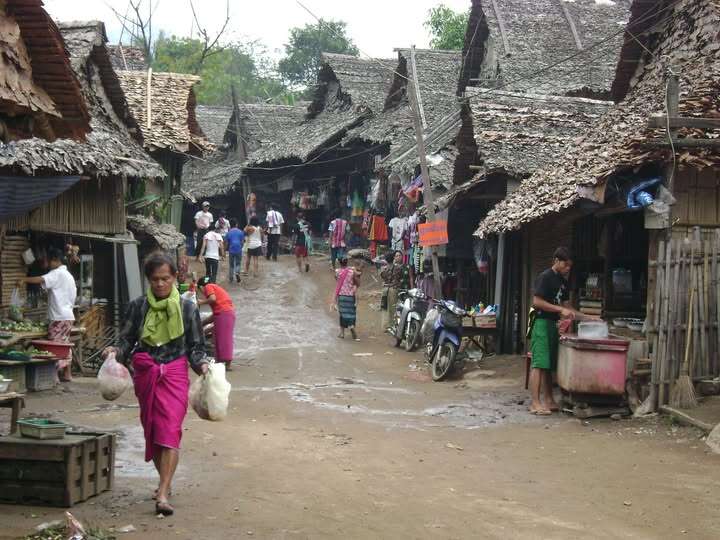
The Thai government has announced that it will allow more than 42,000 Myanmar refugees in the country to legally work, a move welcomed by the United Nations High Commissioner for Refugees (UNHCR). This new initiative permits Myanmar refugees who have been living in temporary shelters along the Thai-Myanmar border for decades to work legally within the country. The Thai government has approved this new scheme that allows refugees to live outside designated controlled areas and obtain work permits through the Ministry of Labor.
Currently, Thailand hosts 77,718 displaced persons from Myanmar in nine temporary refugee shelters, with the majority having lived there for decades. Approximately 47 percent of the refugee population was born in these camps. The Labor Ministry has stated that this new program will issue around 42,000 work permits. This policy change comes at a crucial time when global funding cuts have led to decreased aid and humanitarian assistance for refugees. The UNHCR representative in Thailand, Tammi Sharpe, has described this decision as a significant step toward protection and self-reliance for refugees.
Under the new framework, refugees must apply for permission to leave their camps, undergo health screenings, and register for social security or health insurance. The work permits will be valid for one year and are tax-exempt. This program is expected to allow refugees to support themselves and their families while stimulating the local economy. The UNHCR views this policy change as beneficial not only for refugees but also for Thailand, noting that it demonstrates the country’s commitment to humanitarian principles while making a strategic investment in its future.
The Migrant Workers Group (MWG) coordinator, Adisorn Kerdmongkol, while welcoming the government’s decision, has cautioned that the system needs to be adaptable. The UNHCR emphasizes that this Thai government decision comes at a critical moment when millions of displaced people worldwide risk losing life-saving assistance due to funding shortfalls. The UNHCR representative further stated that if fully implemented, Thailand’s policy could set a new regional standard for sustainable and rights-based refugee solutions, allowing refugees to contribute meaningfully to the host country’s economy while maintaining their dignity and self-sufficiency.



